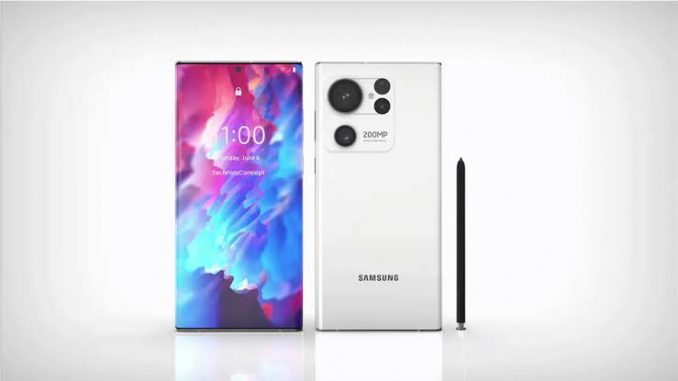
Samsung Galaxy S23 series may get innovative battery tech. As per a bookmaker, Samsung is planning to use the mounding system aimed at making electric vehicle (EV) batteries for its rumoured Galaxy S23 flagship lineup. Samsung SDI reportedly utilises this system for manufacturing its Gen 5 EV batteries.
The South Korean tech mammoth is now anticipated to replace the presently used’jelly-roll’ system with the mounding system for its smartphone batteries as well.
Likewise, a bookmaker has suggested that the operation of this system could lead to a significant boost in the battery capacities of the Galaxy S23 series in comparison to the Galaxy S22 lineup.
As per a tweet posted by bookmaker Anthony (@TheGalox_), the Samsung Galaxy S23 series, codenamed Project Diamond, will profit from the operation of the mounding system.
The vanilla Galaxy S23 will apparently feature a mAh battery, which is a significant jump from the mAh battery fitted in the base Galaxy S22.
Also, Samsung is anticipated to fit the Galaxy S23 with a mAh battery and the Galaxy S23 Ultra with a battery boasting of over mAh capacity. The bookmaker suggests that the Galaxy Z Fold 4 is doubtful to use this technology.
Samsung Reportedly Mass-Producing S Pen for the Galaxy Z Fold 4
Samsung SDI, according to a report by The Elec, has set up a airman product line in Tianjin, China for testing the mounding system.
In addition, it’s reportedly modifying four of the 12 product lines at the M Line in Cheonan, South Korea for mass- producing smartphone batteries with this technology that has been primarily used for EV batteries so far.
Samsung Galaxy M53 5G Specifications Blunder Ahead of India Launch
The mounding system is said to ameliorate the energy viscosity of a battery by 10 percent in comparison to the jelly roll system.
Likewise, it could allow smartphone manufacturers to produce thinner and lighter handsets with the same or advanced battery capacities.
Another advantage the mounding system has over the’jelly roll’ fashion, is that rolled batteries can not be tightly packed because of their natural tendency to swell. The mounding process apparently gets rid of this limitation, allowing manufacturers to waste lower space inside the battery.
Leave a Reply